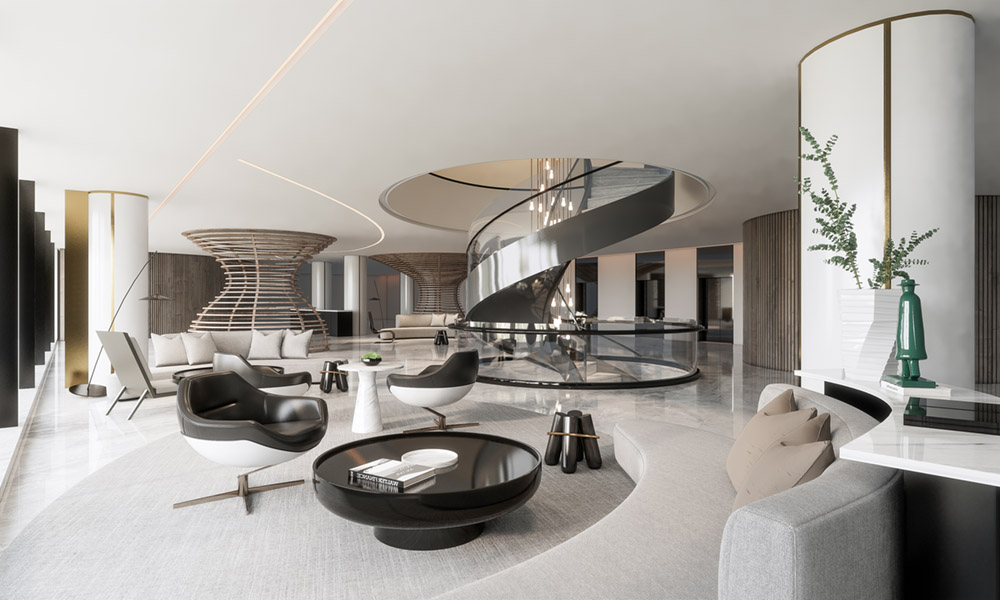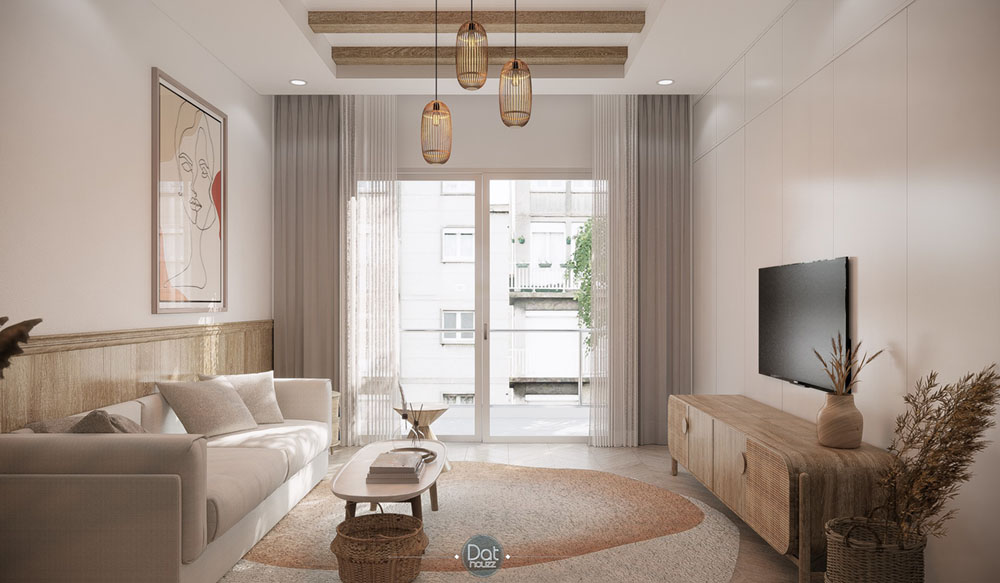


However, taking the texture settings a little further can transform that “nice” image into a “wow, that is a rendering?” image!īump: Give your textures a sense of depth on an otherwise 2D surface. Making a material look like brick or carpet is important and can look quite nice in Enscape. Electric Lighting in Revit and Enscape Explained.Best Practices for Ambient Lighting and Exposure in Enscape.Notice the difference between the default setting and then maxing out the intensity. Use the Artificial Light Brightness slider within Enscape’s Visual Settings dialog. Lighting is always on within Enscape, which may not be apparent due to its auto-exposure system.

Even when using photometry, these inputs must be manually set.ĭuring daytime hours in Enscape, electric lighting may appear off or washed out. Also, avoid using the IES files that ship with Revit as they are outdated and generic.įor SketchUp users, you can load an IES profile via the Enscape objects window by clicking Load IES profile (for specific tips on lighting in SketchUp, see Enscape Best Practices: Lighting In SketchUp).įor Revit content, be sure to set the Initial Color (aka color temperature) and Initial Power (brightness). TIP: Once an IES file has been imported into a Revit project/family, the original file is no longer needed. Notice, in the image below, that the same three recessed lighting fixture families look completely different based on the photometry definition applied. To demonstrate this, download the free Revit sample file from Enscape, IES Light Gallery. This will improve the realism of the scene with accurate light distribution. The project location on earth and true north should be set correctly and, for Revit projects, the Sun settings for the 3D Revit view used to start Enscape from must also be set properly. Learn how to adjust the sun and geolocation for your design tool.įor interior lighting, use the manufacturer’s photometry, i.e. Adjust your lightingĮxterior lighting matters when there are exterior windows or skylights within the context of the scene. These steps apply to all of the supported design platforms, unless noted otherwise.īy Dsmall Tips for creating a realistic interior rendering 1. With this efficient workflow, be careful not to miss these five easy steps that are sure to improve the quality and clarity of your interior renderings using Enscape. From one of the supported design platforms, (SketchUp, Revit, Rhino, Archicad, Vectorworks), to Enscape, to a high-quality interior rendering typically only takes seconds or minutes, not hours or days like in recent years. Sharing your design concept with clients has never been easier with Enscape’s real-time rendering engine.


 0 kommentar(er)
0 kommentar(er)
